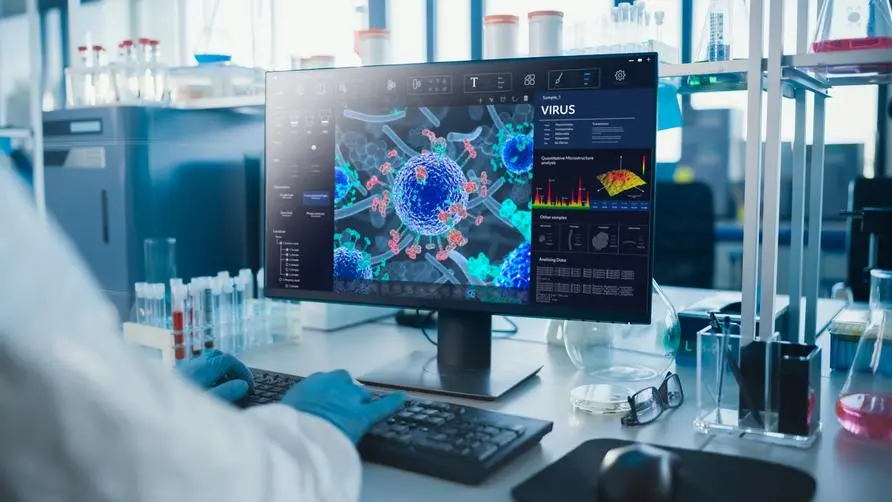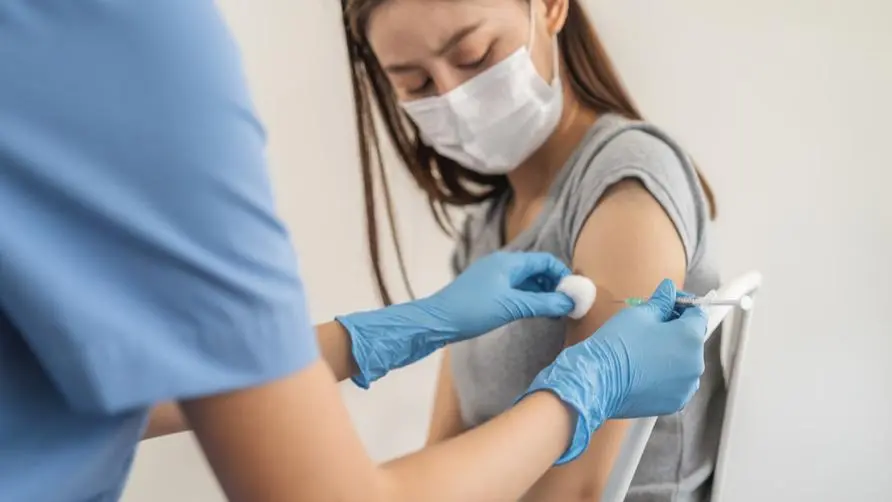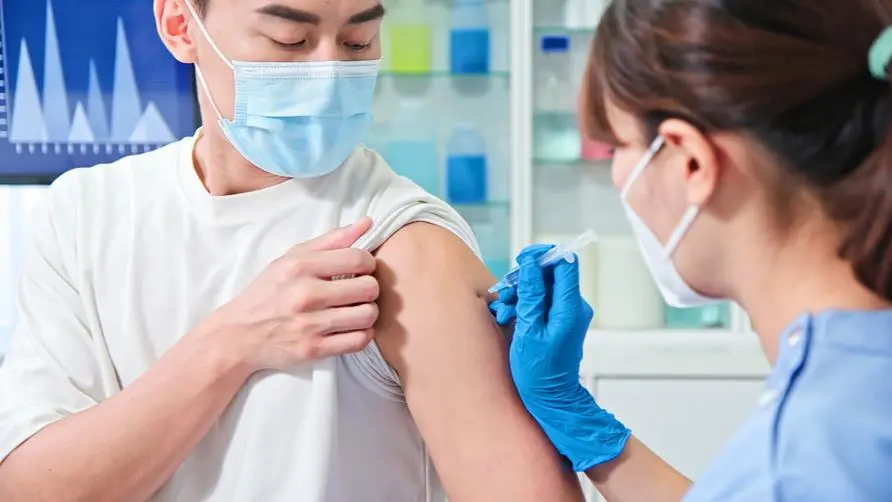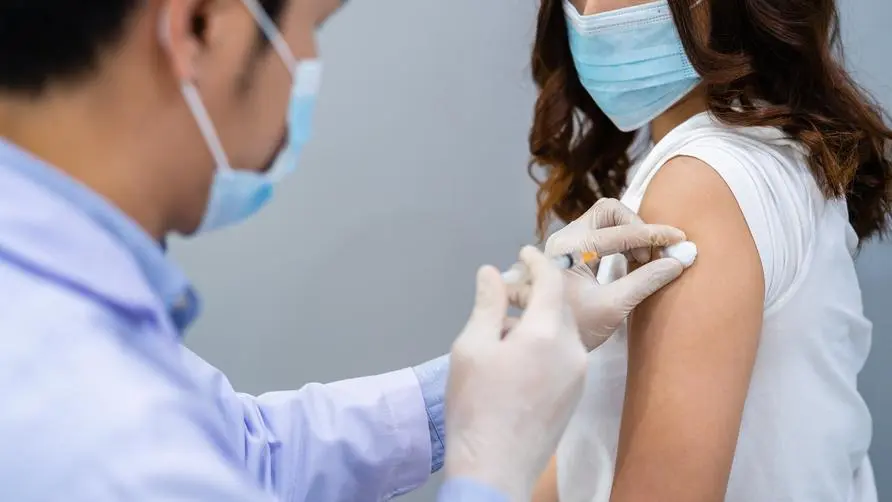There are almost no neutralizing antibodies! Are live-attenuated vaccines useless? Can T cells and B cells protect against Omicron?

Omicron’s infection ability is too strong and the attenuated vaccine fails?
The Omicron variant virus continues to heat up, and the world is accelerating the pace of administering the third dose of additional doses of vaccines, and even the fourth dose of vaccines. However, the authoritative scientific journal “Nature” pointed out that the strong infectivity of the Omicron variant virus has made some previously effective vaccines “virtually a failure”, and these vaccines are mainly “live-attenuated vaccines” produced in China.
The “Nature” report claimed that many people who received two doses of the live attenuated vaccine did not have immunity against the Omicron virus. Even after receiving the third dose of the attenuated virus, the number of neutralizing antibodies did not improve significantly. On the contrary, if the third dose is an RNA vaccine or a protein vaccine, it seems to be more protective against Omicron.
More than 5 billion pieces of live-attenuated vaccines produced by China Sinovac and Sinopharm have been shipped around the world, accounting for nearly 50% of the world’s 11 billion doses of vaccines. They have also become China’s main weapon in vaccine diplomacy. Still important in preventing hospitalization and death, live-attenuated vaccines can provide an immune-priming response in unvaccinated people.
However, “Nature” pointed out that in December, a Hong Kong research team analyzed 25 subjects who had received two doses of live attenuated vaccine, and found that none of them could detect neutralizing antibodies that were effective against Omicron. It has been shown that the risk of Omicron infection after vaccination with live-attenuated vaccines may be extremely high.
However, there are other Chinese studies that refute this statement. Rafael Medina, a molecular virologist at the Catholic University of Chile, believes that in addition to neutralizing antibodies, the immune stimulation of T cells and B cells after vaccination is related to the immunity against the virus. Related, it can also play a role in fighting viruses.
Can’t we just look at neutralizing antibodies? Scholar: Both T cells and B cells are important
Omicron has shown a stronger immune evasion ability than past mutant strains, and is known as the “artist of immune escape.” Although Omicron has strong infectivity, the proportion of severe cases and deaths has been significantly weakened compared to the original virus strain and Delta virus strain. It shows that after the invention of the vaccine, the interaction model between humans and the new coronavirus is heading towards the next stage of cold or influenza, and the “antibody” value may no longer be the only indicator of protection.
Wendy Burgers, an immunologist at the University of Cape Town in South Africa, pointed out in “Nature” that all scientists are currently observing changes in neutralizing antibodies after the booster dose of the vaccine is administered. Since neutralizing antibodies directly prevent viral replication, a decrease in neutralizing antibodies indicates an increased risk of symptomatic infection.
However, the new coronavirus continues to produce mutant strains, and neutralizing antibodies may decline over time. The task of protecting the human body from severe disease may be taken over by T cells and B cells.
Burgers said that T cells can perform a variety of immune functions and even directly cause virus damage. They are known as “killer cells”. In addition to destroying infected cells, they also play a role in limiting transmission and preventing severe disease. More importantly, after infection or vaccination with the virus, T cells will not fade as quickly as neutralizing antibodies, and T cells are better able to recognize mutations in the S protein of the new coronavirus than neutralizing antibodies. Therefore, although Omicron has many mutation points, it may not necessarily It will weaken the immune response of T cells.
“Nature” reported that as more and more virus variants emerge, the role of T cells will attract more attention. When the world’s focus is on the number of infections, the antibodies produced by the vaccine may be an important evaluation indicator. Once the epidemic develops to the point where humans pay attention to the severity of the infection, the status of T cells will become increasingly important.
Source:





